South Korean President Yoon Suk-yeol, now facing possible charges of treason, will step down early "in an orderly manner", the ruling party said after the parliament's failure to pass an impeachment motion against Yoon.
"Even before he leaves the post, the president will not take part in state affairs, including diplomacy," said Han Dong-hoon, leader of the ruling People Power Party, on Sunday, noting that the majority of the people believe that Yoon should step down because he cannot run state affairs normally for the remainder of his term originally set to last until May 2027.
At a joint public address with Prime Minister Han Duck-soo, the ruling party leader and the prime minister pledged all-out efforts to stabilize the political situation in the country.
However, soon afterward, South Korean National Assembly Speaker Woo Won-shik said it is "unconstitutional" if the prime minister and the ruling party jointly exercise presidential power.
In a televised address, Woo also said impeachment is the only legal procedure to suspend the president over his breach of the constitution by declaring martial law on Tuesday night.
The motion to impeach Yoon requires support from two-thirds of the National Assembly, or 200 out of its 300 members. Though 192 lawmakers of the opposition coalition cast their ballots on Saturday afternoon, all but three of the 108 members of the People Power Party left the National Assembly ahead of the vote, making the impeachment vote invalid due to the lack of quorum.
Woo had waited about three hours for the ruling party lawmakers to return before announcing the scrapping of the impeachment motion due to lack of quorum. Outside, and also in other cities, hundreds of thousands of citizens held a candlelight rally to demand that Yoon step down.
Before the vote, Yoon apologized for his martial law declaration and said he will let the ruling party decide on his term. Yoon accepted the resignation of Minister of the Interior and Safety Lee Sang-min on Sunday.
PM Han Duck-soo said the government will put the people first and avoid any vacuum in state affairs.
The main opposition Democratic Party, or DP, called for the immediate arrest and investigation of Yoon over the martial law declaration and rejected the ruling party's plan to have the prime minister lead state affairs.
DP leader Lee Jae-myung said on Sunday that they will try again to impeach Yoon on Dec 14.
Treason charges
South Korean prosecutors said Yoon has been booked as a suspect on charges of treason, Yonhap News Agency reported on Sunday. DP will submit bills on Monday for investigating charges of Yoon's alleged insurrection and scandal involving his wife, multiple media outlets said.
While the opposition party wants impeachment as quickly as possible, the ruling party's primary goal seems to be to prevent Lee from coming into the presidency, said Benjamin A. Engel, a visiting professor at the Dankook University in South Korea.
According to the law, a presidential election will take place within 60 days of Yoon's impeachment, which would give Lee a chance to participate in it as it will take time for the top court to hand down the ruling over cases related to Lee.
Because Lee faces trials over corruption and other criminal charges, it is possible he will be ineligible to contest a presidential election within six months from now, so the ruling party is delaying impeachment long enough and keeping Yoon in office but with no real authority, so that they can delay the next presidential election, said Engel.
Ryu Yong-wook, an assistant professor at the Lee Kuan Yew School of Public Policy at the National University of Singapore, said it is important to keep a close eye on how South Korea's foreign policy will change in the medium and longer term as the political leverage is now firmly with the progressive opposition.
"Under Yoon, Seoul has sided with the US in the great power rivalry, which helped other regional security initiatives such as the US-Japan-ROK trilateral to develop," said Ryu. "All this could change if we have a new president from the progressives in the future."








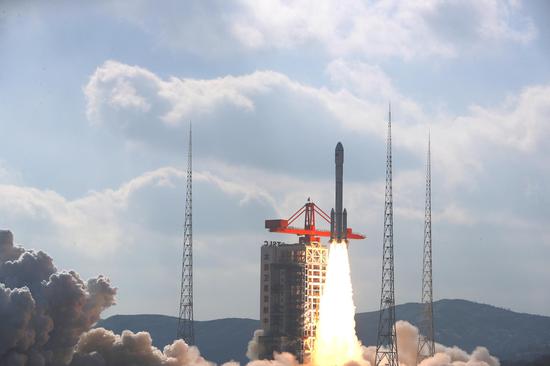



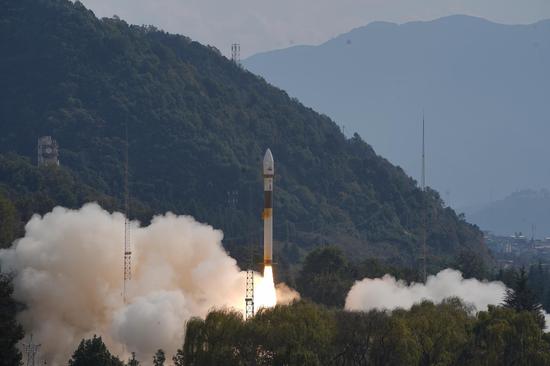
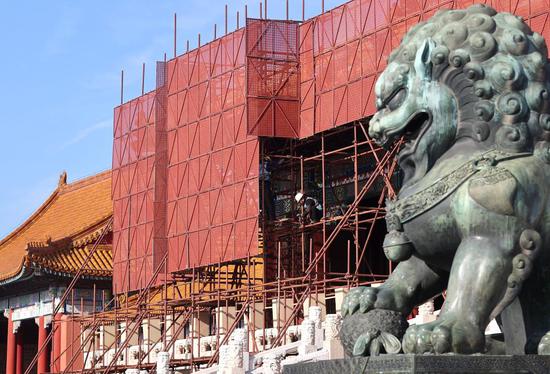

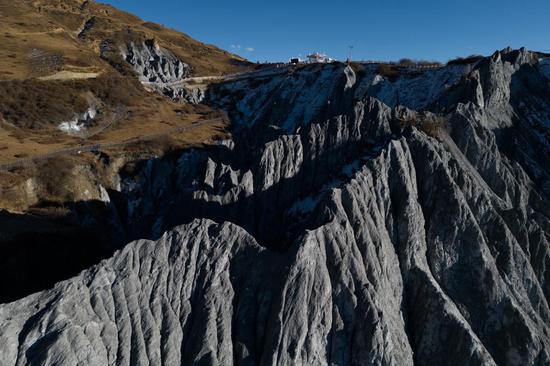
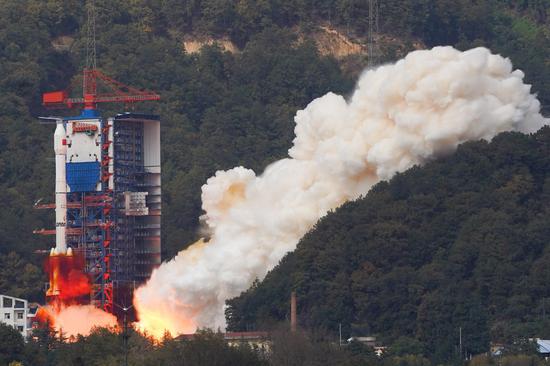
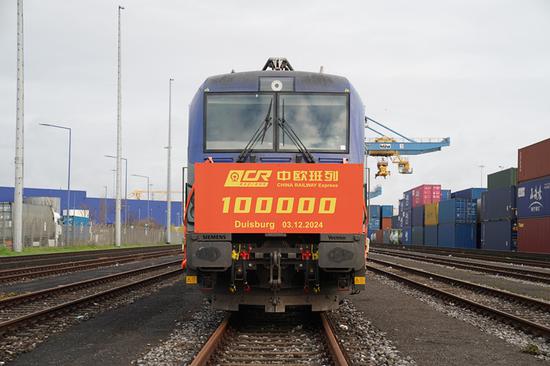
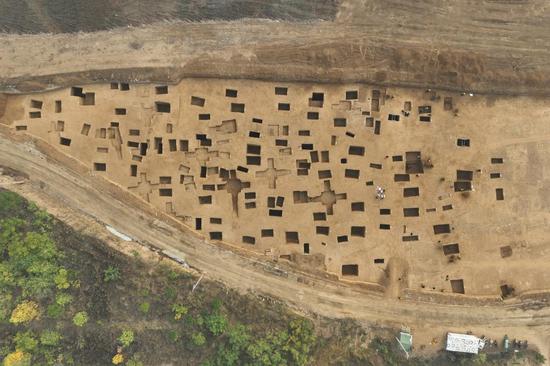
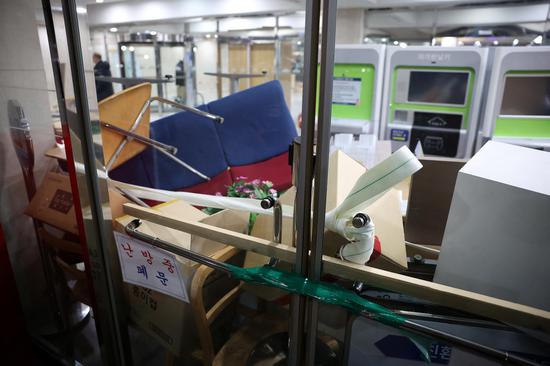

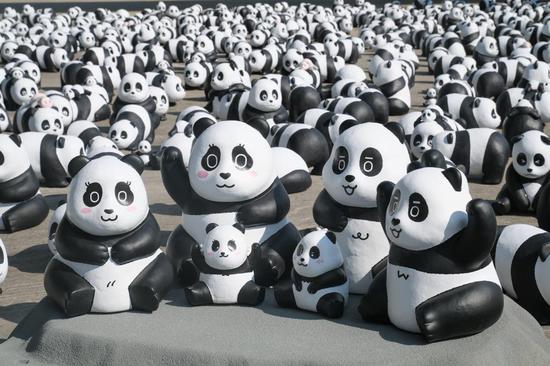




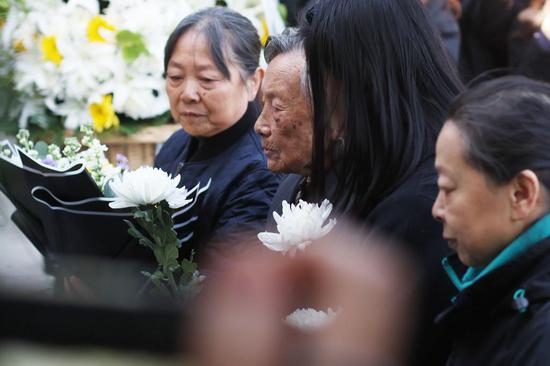


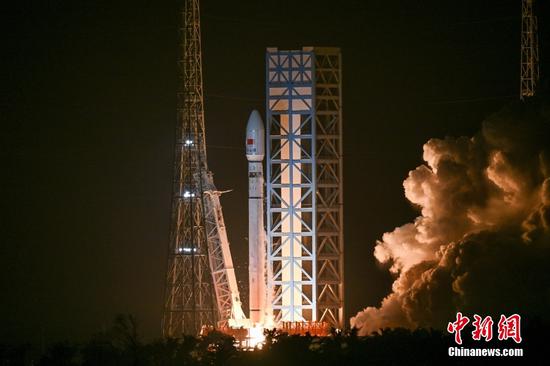

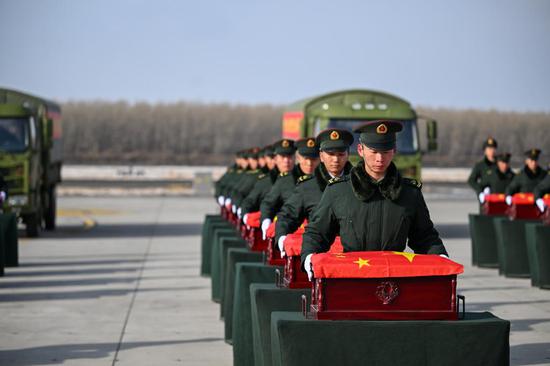
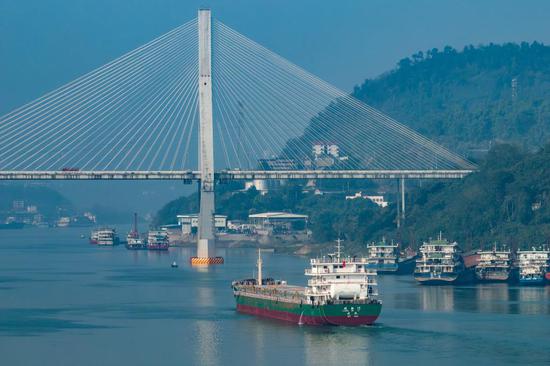
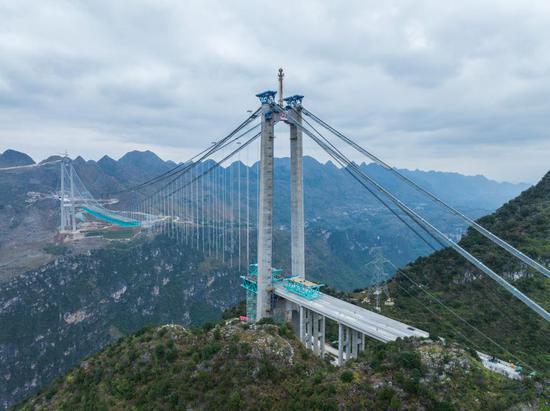


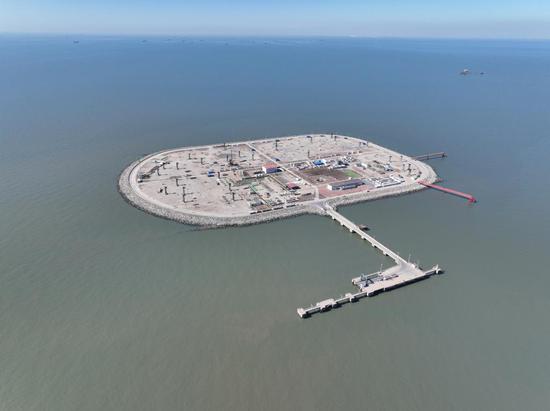

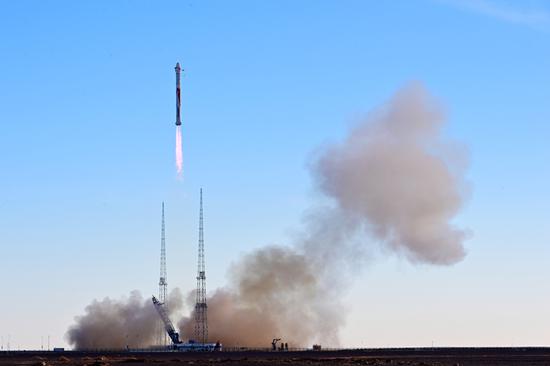
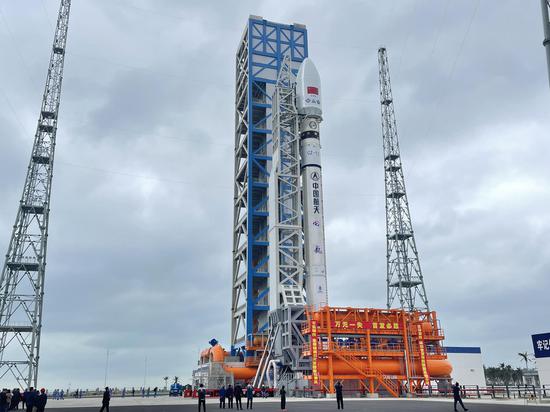


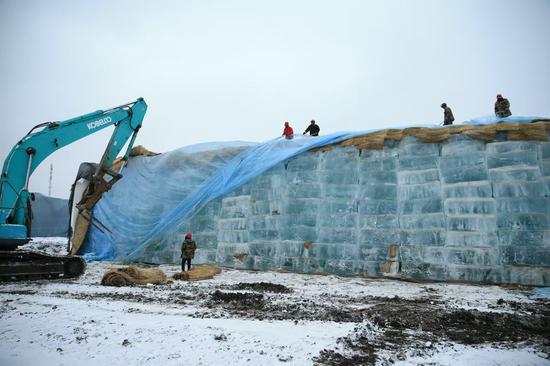

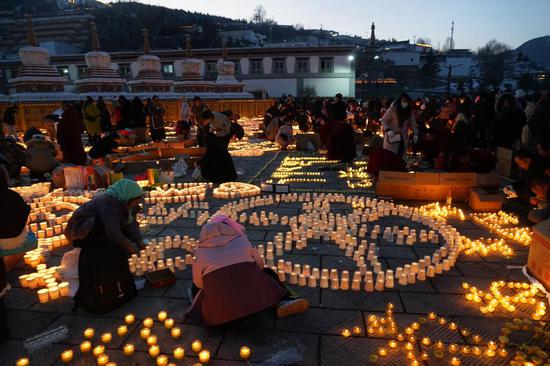





 京公网安备 11010202009201号
京公网安备 11010202009201号